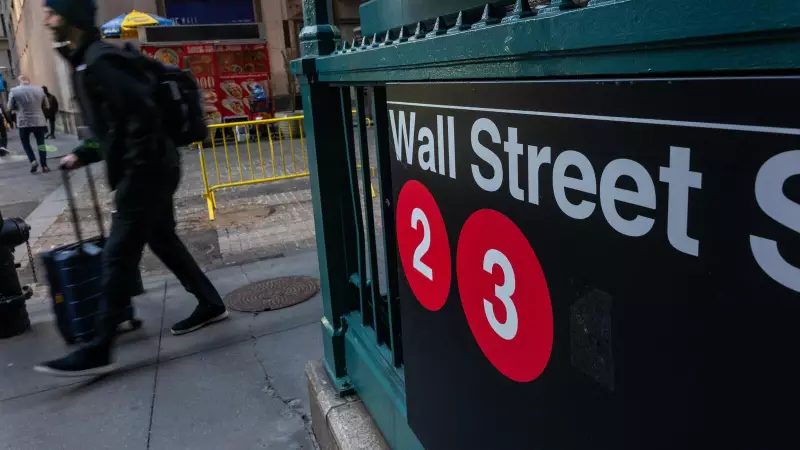
Wall Street experienced a significant downturn on Wednesday as investors digested Federal Reserve Chair Jerome Powell's surprisingly hawkish stance on future interest rate policy. The major indices all closed sharply lower, wiping out gains from earlier sessions.
Market Bloodbath Following Fed Decision
The trading session turned volatile after Powell indicated that the central bank needs "greater confidence" that inflation is moving sustainably toward its 2% target before considering rate cuts. This cautious approach disappointed investors who had been hoping for more aggressive monetary easing in the coming months.
Index Performance Breakdown
Dow Jones Industrial Average plummeted approximately 317 points, closing at 38,150.30 and marking a 0.8% decline. The blue-chip index faced pressure across multiple sectors as rate-sensitive stocks took the hardest hit.
S&P 500 dropped 0.9% to finish at 4,845.65, with technology and growth stocks leading the downward trend. The broad-based index reflected widespread investor concern about prolonged higher interest rates.
Nasdaq Composite suffered the most significant losses, falling 1.1% to end at 15,164.01. The tech-heavy index's performance highlighted how technology companies remain particularly vulnerable to interest rate expectations.
Powell's Message: Patience Over Haste
The Federal Reserve maintained interest rates at their current 23-year high, but it was Powell's subsequent comments that rattled markets. "We're not declaring victory at all," Powell stated during his press conference, emphasizing that inflation, while improved, remains above the Fed's comfort zone.
Market analysts noted that Powell effectively pushed back against expectations for a March rate cut, suggesting that the central bank will likely wait until at least May or June before considering any policy easing.
Global Market Implications
The Fed's stance has significant implications for emerging markets, including India. Higher US interest rates for longer could:
- Strengthen the US dollar against emerging market currencies
- Potentially trigger foreign portfolio outflows from markets like India
- Increase borrowing costs for developing economies
- Affect corporate earnings for export-oriented companies
What This Means for Indian Investors
Indian market participants should brace for potential volatility as the delayed US rate cuts could impact foreign institutional investment flows. The Reserve Bank of India may also maintain its hawkish stance for longer if global monetary conditions remain tight.
Market experts suggest that investors should focus on quality stocks with strong fundamentals and consider diversifying their portfolios to weather potential global headwinds.





